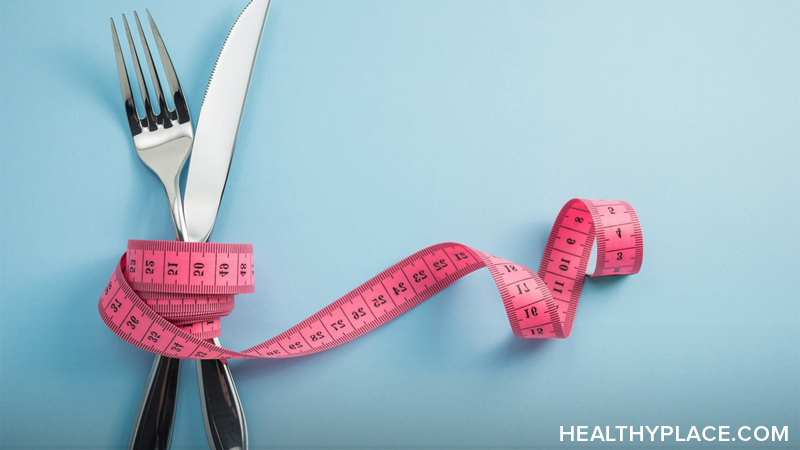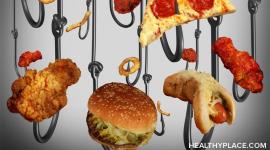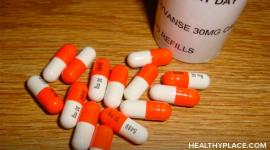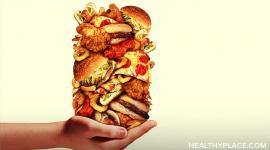Overcoming Binge Eating & Dieting Dangers
Overcoming Binge Eating Disorder and the Dangers of Dieting
Discover keys to overcoming binge eating and how diets and dangers of dieting sabotage compulsive overeaters' attempts at overcoming binge eating. Many times, compulsive overeaters will try to address their weight problems before looking at any other aspect of their eating disorder. This means the person will diet, sometimes with a severely restricted calorie intake, to lose weight. Overcoming binge eating, however, is about much more than the number on a scale. The way to stop binge eating is through learning why the compulsive binge eating is happening and what the psychological triggers are; then addressing the psychological and environmental causes of the binge eating. Any weight-loss plans for compulsive overeaters needs to include therapy for binge eating as part of the treatment plan.
Diets and Dieting Dangers
Obese compulsive overeaters need to create a diet plan and stay on it to lose weight. In overcoming binge eating, they should then adopt healthy eating patterns to keep the weight off. However, research has shown that long-term weight loss is much more likely when a person has control over their binge eating behaviors. Compulsive binge eating behaviors are grounded in, and surrounded by, psychological issues; so compulsive overeaters should always seek additional therapeutic treatment, along with a medically supervised weight loss program.
Compulsive overeaters who are not overweight are warned not to diet as dieting can worsen compulsive binge eating behavior.1 That is one of the dangers of dieting.
Compulsive Binge Eating and the Dangers of Extreme Dieting
Extreme diets of less than 1100 calories per day carry risks, and in the case of compulsive overeaters, they are also often followed by compulsive binge eating behaviors.2 Extreme diets should never be followed for longer than 16 weeks and fasting is never recommended.
Compulsive overeaters should note that on extreme diets, initial weight loss is primarily due to fluid loss and that long-term weight loss can be as much as 30% muscle. For those who have been compulsive binge eating, their muscle mass may already be diminished and this additional loss could be unhealthy.
Extreme diets do not contain sufficient nutrients and require additional supplements be taken. Compulsive overeaters may already have nutritional deficiencies, so extreme diets may make this worse. In severe cases, diets without sufficient vitamins and minerals have been known to cause heart arrhythmias and even death.
Other dangers of extreme dieting include:
- Fatigue
- Intolerance to cold
- Hair loss
- Gallstone formation
- Menstrual irregularities
- Risks of birth defects for babies born to mothers who dieted in the first trimester
Compulsive overeaters should particularly avoid diets that reduce sodium and protein while increasing fluids. These diets put compulsive overeaters at particular risk for a sodium deficiency known as hyponatremia which, in extreme cases, can lead to coma and death. This dangerous deficiency is also associated with:
- Fatigue
- Confusion
- Dizziness
APA Reference
Tracy, N.
(2022, January 4). Overcoming Binge Eating & Dieting Dangers, HealthyPlace. Retrieved
on 2025, November 30 from https://www.healthyplace.com/eating-disorders/binge-eating-disorder/overcoming-binge-eating-disorder-and-the-dangers-of-dieting




